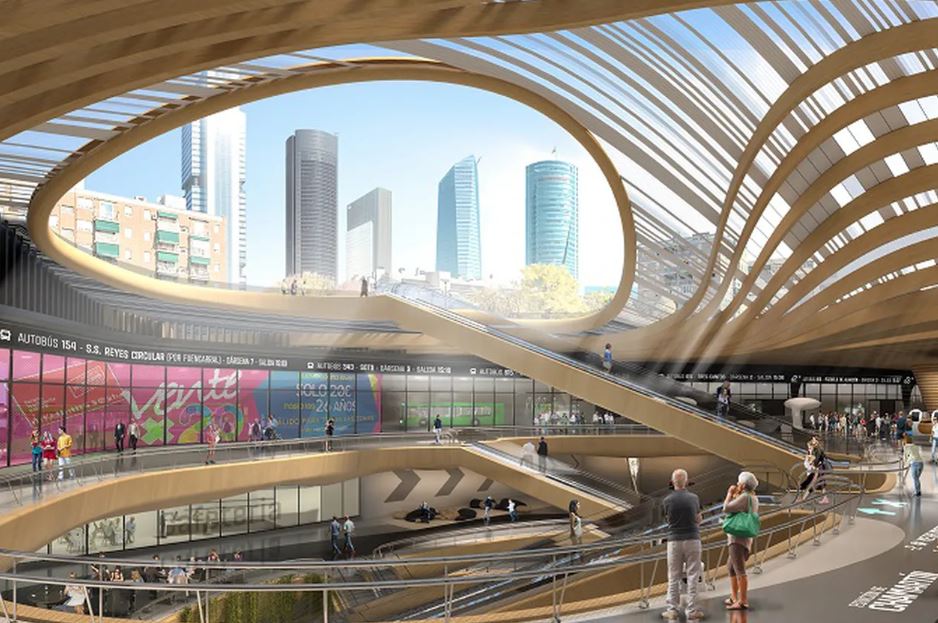A few days ago, the Madrid Capital of Engineering, Construction and Architecture Association published the notable impact generated in the sector to date by the paralysis of activity due to the Covid-19 pandemic.
Beyond these sectoral figures, the Spanish economy is facing the appearance of deficit levels of the order of two digits to respond, as far as possible, to the social emergency that is occurring. This will lead to a paltry shortage of public resources to meet other needs of the productive fabric: equipment, infrastructure, etc.
For these reasons, public-private participation (PPP) appears as a formula that can respond to these demands, taking advantage of the experience accumulated in recent years in Spain and by Spanish companies. Thus, one of the types of PPP that could be largely adapted to current requirements is the so-called “Pay Per Availability” (PPD).
The main features of the PPD are as follows:
– The concessionaire company is in charge of fully covering the new infrastructure and the costs of conservation and operation during the concession period, 40 years maximum.
– The Administration pays an annual fee to the concessionaire as an availability payment that allows it to amortize the above costs during the concession period.
– These payments are regulated by contract according to different service quality parameters depending on the type of infrastructure that, in the event of default by the concessionaire, would incur payment discounts. For example, in the case of roads, parameters linked to the condition of the road, congestion or accident could be included.
– This system is in accordance with the provisions of Law 9/2017, of November 8, on Public Sector Contracts.
As great advantages of its application:
– It allows the necessary economic resources to be mobilized because, with an adequate transmission of risks to the concessionaire, it is avoided to charge the expense to the budget of the contracting public administration -not computing as debt- by complying with the criteria and rules of the European System of Accounts (SEC 2010) and Eurostat.
– It guarantees an adequate maintenance of the executed work because, as it has been pointed out, it is a condition that this is so that the concessionaire does not see his income via canon decrease.
If in linear works this circumstance is highly desirable, in the case of hydraulic works it is crucial, since the persistent maintenance problems could be solved precisely due to the lack of budget and which have greatly aggravated the impacts of the last DANAS.
– This adequate maintenance would also guarantee a minimum income for the concession company, reducing the probability of business bankruptcy with the consequent problems that arise.
Likewise, it should be noted that the engineering, construction and architecture sector is one of the sectors that generate the most employment and wealth per euro invested in project and construction phases, in a situation in which job creation will be essential as a public policy. . Obviously, the works to be carried out must be supported and prioritized by the corresponding social cost-benefit analyzes.
About the Madrid Capital of Engineering, Construction and Architecture Association
We are the sum of important companies, Madrid and Spanish entities, that have joined forces to:
• International positioning of Madrid and Spain as a world reference in the field of engineering, construction and architecture.
• Formative leadership of the Madrid and Spanish Universities and Business Schools.
• Positioning of Madrid and Spain as a hub of innovation, sustainability and responsibility.
• Exposure to society of new city models.
It is a project that had its origin in 2016 and that in 2020 has materialized in the form of an Association. Madrid as capital and Spain constitute one of the main world exponents of engineering, construction and architecture, as well as the development of urban mobility projects.


